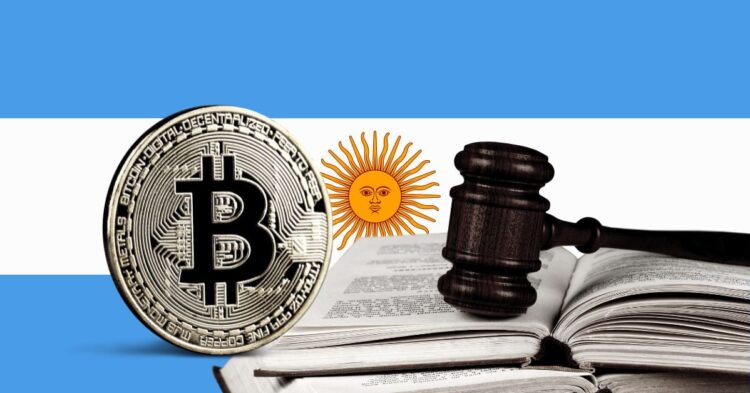Argentina is making significant strides in regulating the cryptocurrency landscape with a new draft that could potentially redefine operations for crypto institutions. The Argentine securities regulator (CNV) has initiated a public consultation on General Resolution 1,025, which outlines fresh compliance rules for virtual asset service providers (VASPs). Should these rules be enacted, they will mandate transparency by requiring crypto firms to disclose third-party agreements and establish minimum capital thresholds for their operations. The primary aim is to bolster cybersecurity, curb money laundering, and enhance the nation’s financial infrastructure. Argentina’s proactive stance on crypto regulations serves as a wake-up call for countries grappling with unethical crypto practices. Let’s delve into what these changes mean for investors!
Minimum Capital Requirement Sparks Debate
One of the most contentious elements of the proposed regulations is the stipulation of a minimum capital requirement for crypto firms. This regulation, crucial for large institutions involved in the transfer, custody, and management of virtual assets, mandates a minimum capital of approximately $173,000 for legal operations. However, individual crypto traders will not be required to register as companies, thereby keeping the trading process accessible for smaller participants. This draft builds on the VASP registry that Argentina introduced earlier this year, aiming to bring more structure and accountability to the crypto sector.
Industry Reactions: A Blend of Caution and Hope
The crypto industry has shown a spectrum of reactions to the proposed regulations, blending cautious optimism with apprehension. While there is a consensus on the necessity of regulatory measures, stakeholders emphasize the importance of a balanced approach. Carlos Peralta, representing Bitso Argentina, lauded the draft for its inclusion of public opinion, which he believes will promote financial inclusion and foster a more efficient financial ecosystem. In contrast, Juan Pablo Fridenberg, director at Lemon Exchange, voiced concerns that excessive regulation could stifle crypto growth, potentially driving users towards unregulated or international platforms. He advocated for gradual and considerate regulatory measures to encourage industry expansion without stifling innovation.
Your Thoughts on Argentina’s Crypto Regulations
Do you think excessive regulations could harm the crypto industry in the current global scenario? Share your thoughts on whether Argentina’s crypto rules are a fair measure or an overreach.











